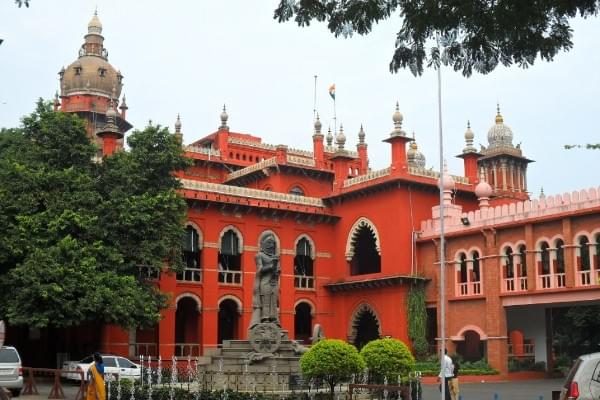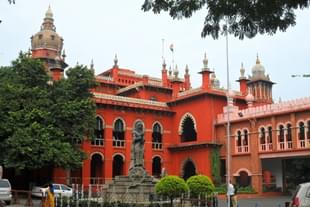News Brief
Supreme Court Halts Madras HC Order For DVAC Investigation Of Police Officials Involved In Thoothukudi Sterlite Firing
Swarajya Staff
Aug 02, 2024, 07:35 PM | Updated 07:35 PM IST
Save & read from anywhere!
Bookmark stories for easy access on any device or the Swarajya app.


The Supreme Court bench led by Chief Justice of India D Y Chandrachud has placed a stay on the Madras High Court's 29 July order directing Tamil Nadu's Directorate of Vigilance and Anti-Corruption (DVAC) to investigate the assets of police and revenue officials involved in the 2018 Thoothukudi Sterlite police firing.
The police firing had resulted in the deaths of 13 protesters and injuries to 33 personnel as per a report by The New Indian Express.
The Madras High Court had granted the DVAC three months to conduct a "fair and transparent" investigation into the assets of 21 officers.
This interim order, issued by a two-judge bench comprising Justices SS Sundar and N Senthilkumar, came in response to a petition filed by Henri Tiphagne, executive director of People's Watch, who sought a directive for the National Human Rights Commission (NHRC) to reopen the case.
The High Court also instructed relevant department secretaries and the DGP to cooperate with the DVAC director to ensure an independent investigation into the assets of the Police and Revenue department officers named in Justice Aruna Jagadeesan's commission report.
The Supreme Court's decion followed an appeal from three state police officers—S Chandran, Shailesh Kumar Yadav, and another individual—who were aggrieved by the High Court's order.
Senior lawyer Kapil Sibal, representing the officers, argued that the situation should not escalate simply due to a change in government. Sibal also clarified that the protests had persisted for 99 days, with section 144 imposed only on the 100th day.
The High Court had remarked that the targeting of people was unacceptable and criticised the practice of compensating victims' families with money without delivering justice.
The High Court also criticised Sterlite Copper for operating without the necessary consent from government authorities from 2009 to 2014, resulting in pollution. The court emphasised the need to prevent any individual from having undue control over systems to the detriment of society and the public.





